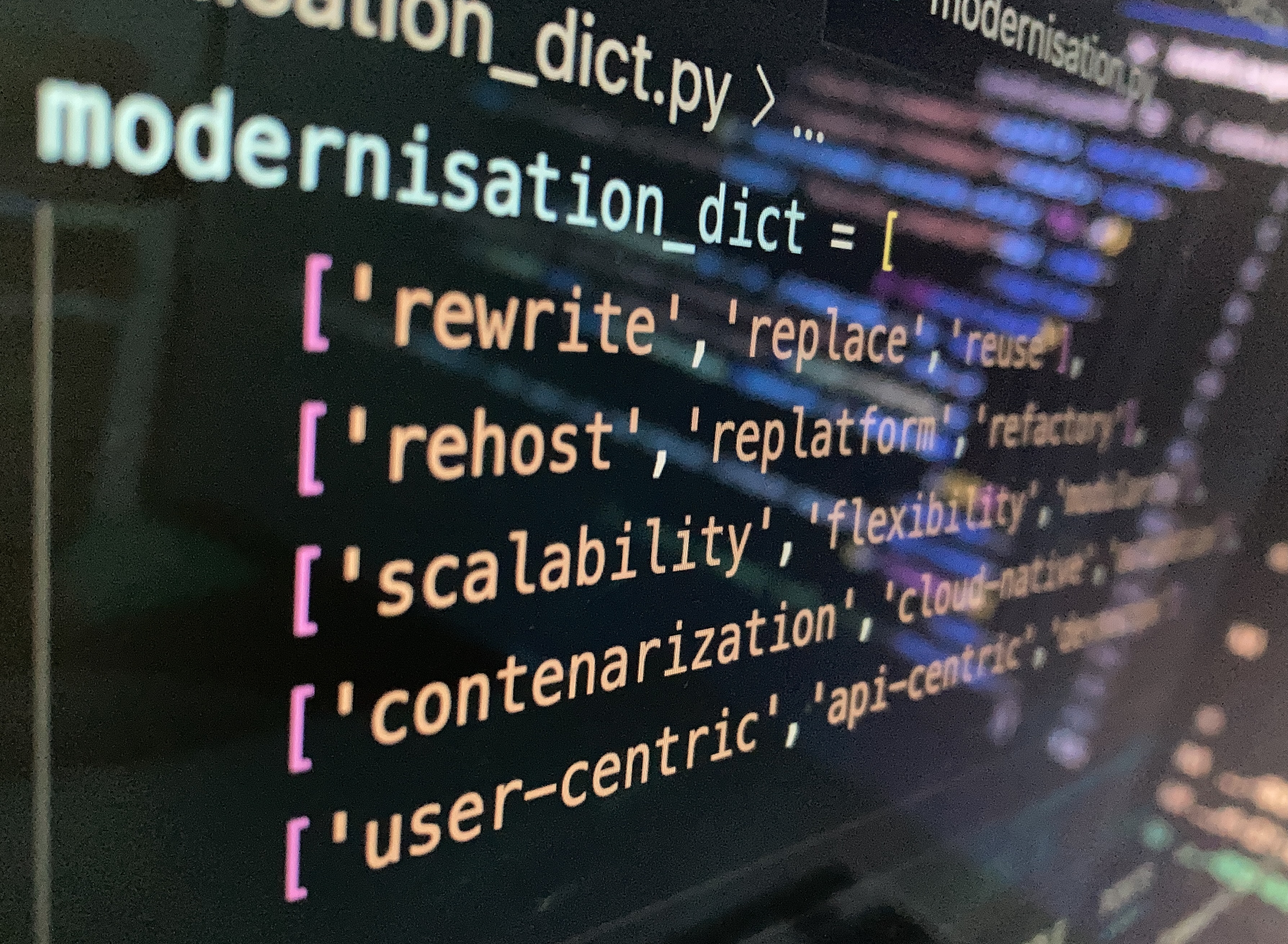
Why Modernise Your Application?
Hi, in this post I want to explore the reason and the motivations behind an application modernization project.
This is based on my experience working as a Principal AppDev Consultant in an architecture role, helping customers modernise their applications and migrate workloads to the cloud.
If is working don’t touch leave it alone so the main question here is: why? If your legacy system has been working ok all those years, why change the platform, rewrite code, or upgrade the runtime that may resolve more code changes? Even more, why lift and ship to a cloud-based platform?
In the next sections, I will explain some of the main reasons behind the modernisation project that I worked on in the past.
This may help you to familiarise yourself with some of the scenarios.
These items below could be the reason you were looking to modernise your software as well.
I have been doing several projects that involve migrations, modernisations and digital transformation. From that experience, I have selected 5 main reasons why you would change your legacy system.
-
Move to a supported environment - If you are currently operating on an outdated and unsupported platform, the applications hosted within this environment will likely need to be migrated to a fully supported platform by a specified deadline, as per the company policy.
-
Deliver new features faster - To drive further growth for your business and incorporate new features, it is crucial to adopt a strategic approach. One effective method is to modularize your monolithic application, optimising the organisation of its modules, or even transitioning towards a microservice architecture. By embracing a microservice approach, you can achieve greater component independence, enabling your application to evolve more efficiently and adapt to changing requirements.
-
Cost-effective - When you realise that the maintenance costs of your legacy applications are increasing, it’s important to acknowledge the complexities associated with the old environment and source code base. Additionally, finding skilled individuals to work on such systems can prove to be a challenging task.
-
Improve performance - Normally the primary motivation behind this decision is to deliver faster responses to your customers, thereby fostering business growth and enhancing the overall customer experience.
-
Scalability - To obtain a more efficient and seamless scalability process with minimal downtime, it is imperative to migrate your workload to the cloud. By leveraging a cloud platform, you can benefit from enhanced flexibility, enabling automatic scaling of your applications whenever they encounter resource constraints such as limited memory or other critical resources.
Understandably, you may face some resistance to change. Don’t be surprised if not everybody is embracing the idea. Maybe part of your team or top management needs more facts or discussions. I hope this article can help you with ideas on where to collect facts to back up a modernisation proposal.
Many things need careful consideration before even starting a modernisation journey. Hence, regardless of the reason behind the motivation to change your application, the best way to validate that is by doing a Discovery Session or a Navigator which is an assessment and analysis of your legacy system.
You can check more details about that in this other blog post I’m putting together here.
I hope that example helped give you some business reasons to modernise your application.
This page was last update at 2025-11-14 14:52